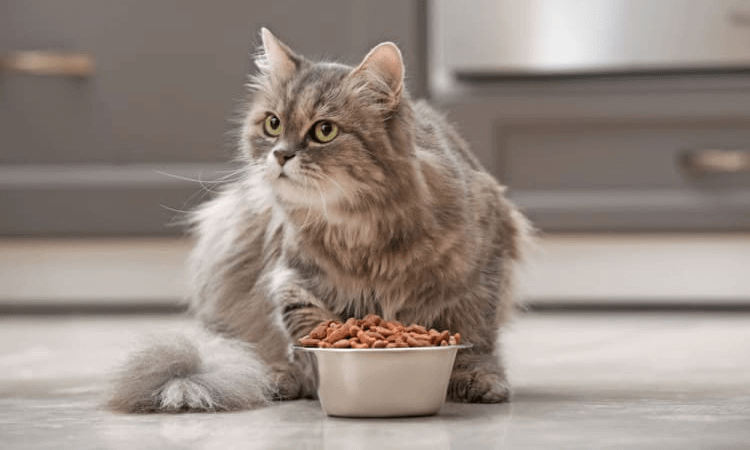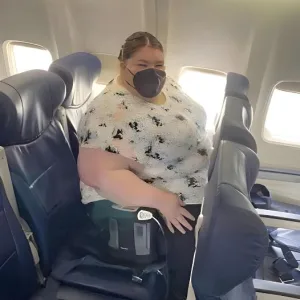Stress affects cats similarly to humans, triggering anxiety and fear. Recognizing signs of feline stress is crucial:
- Urinating Outside the Litter Box: When a cat does this, they may be communicating distress. Consult your vet or a cat behaviorist for guidance.
- Excessive Grooming: Cats are meticulous groomers, but if they lick themselves bald or raw, it’s a sign of distress. Visit the vet instead of a groomer.
- Constant Scratching: Like excessive grooming, constant scratching can indicate health or behavioral issues. A vet visit is advised.
- Isolating Themselves: While cats need space, if your cat actively avoids you and hides, there may be an issue. Reach out to a vet.
- Excessive Vocalizing: Long or panicked meows can signify various problems. Consult a vet for a proper diagnosis.
- Decreased Appetite: Cats don’t diet; if your cat eats less or stops eating, it’s a cause for concern. Visit the vet.

Any out-of-character behavior lasting more than a day or two warrants a vet visit for peace of mind.





